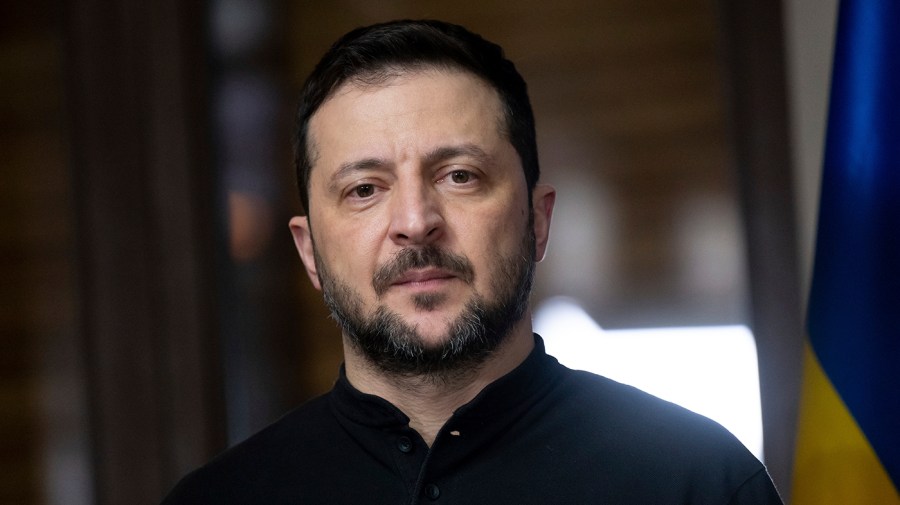Here’s a blog article on the latest developments regarding Trump’s Ukraine peace talks initiative:
Trump Pushes for Ukraine Peace Talks, Raising Concerns About Ukraine’s Role
Former President Donald Trump has begun efforts to initiate peace talks between Russia and Ukraine, sparking controversy over Ukraine’s involvement and potential concessions. This move comes as Trump seeks to fulfill his campaign promise to swiftly end the conflict if re-elected.
Key Developments
Trump held separate phone calls with Russian President Vladimir Putin and Ukrainian President Volodymyr Zelensky on February 12, 2025.
A U.S. delegation led by Secretary of State Marco Rubio is set to meet Russian officials in Saudi Arabia next week.
Trump confirmed Zelensky will be involved in the peace talks, but concerns remain about Ukraine’s role.
European officials have emphasized that Kyiv must not be sidelined in negotiations.
Potential Impact and Concerns
The sudden push for peace talks has raised several concerns:
Ukraine’s role: While Trump has assured Zelensky’s involvement, there are worries about Ukraine’s influence in the negotiations.
Territorial concessions: Trump and his officials have cast doubt on Ukraine reclaiming all its pre-2014 territories, including Crimea.
NATO membership: The administration has suggested Ukraine’s NATO accession is unlikely or impractical.
European exclusion: Trump’s special envoy, Keith Kellogg, stated that Europe would not have a seat at the negotiating table, causing alarm among European allies.
Russian intentions: Some question whether Russia’s interest in peace is genuine or a tactic to buy time.
Why It’s Important
This development is significant because:
It represents a major shift in U.S. policy towards the Ukraine conflict.
The outcome could reshape the geopolitical landscape in Eastern Europe.
It has implications for NATO’s future and U.S.-European relations.
The talks could potentially end a war that has lasted for three years.
Background
The conflict in Ukraine began in 2022 when Russia launched a full-scale invasion. The war has resulted in significant loss of life, territorial changes, and global economic impacts. Previous peace efforts have failed to produce lasting results.
Different Perspectives
Republican Response: Some Republicans support exploring peace possibilities but stress the importance of a credible, lasting peace. Senator John Cornyn stated, “It’s important to try to explore the possibility of peace. But I do think that how that happens and whether the United States enters into, or encourages, a credible peace, one that will last, is important.”
Democratic Criticism: Democrats have criticized the administration for suggesting a deal could be made without Ukraine’s full participation. Rep. Jason Crow (D-Colo.) noted that some Republicans have privately expressed concerns about the mixed messages from the administration.
European Reaction: European leaders have expressed alarm at the prospect of being excluded from negotiations. German Defense Minister Boris Pistorius called Trump’s stance on Ukraine’s NATO membership “clumsy,” while French President Emmanuel Macron warned against a “peace that is a capitulation.”
Ukrainian Stance: President Zelensky has been cautious in his public statements, saying “Trump is stronger than Putin,” but warning that “these phone calls with Putin are risky to us.”
As this situation develops, it will be crucial to monitor how the various stakeholders’ interests are balanced and what concrete steps are taken towards peace negotiations.









